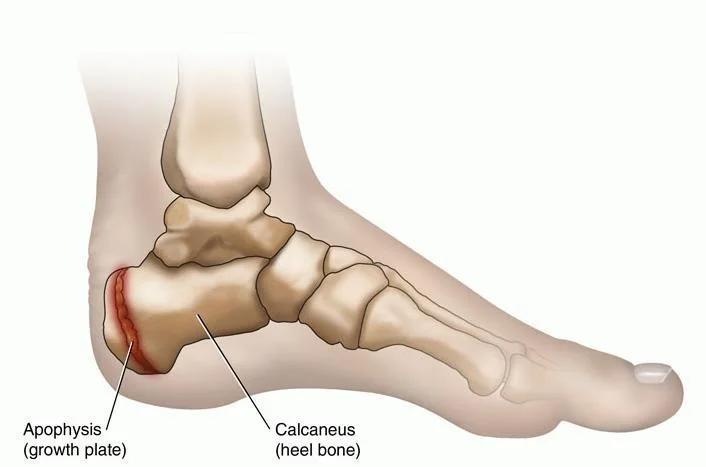In the past, overuse injuries of the lower limb were often attributed to poor foot mechanics, such as flat feet, high arches, and over-pronation. However, recent research has shown a lack of correlation between foot type and injury risk. As a result, the focus has shifted from solely analyzing the foot to examining the entire kinetic chain, particularly the hips. Hip function plays a significant role in running mechanics, and understanding its importance can provide valuable insights. Let's explore the relationship between hip function, running mechanics, and injury prevention.
The Golf Swing Analogy:
To better illustrate the reduced significance of foot function compared to hip function in running analysis, let's consider the golf swing. How much of the technique can be attributed solely to the grip of the club? Similarly, the position or structure of the foot in running holds a similar level of importance. When conducting a running analysis, a comprehensive assessment of dynamic function is crucial. Hip function emerges as a major factor in this assessment.
Hip Extension:
Hip extension, primarily facilitated by the gluteus maximus, is crucial for propelling the body forward during running. While the smaller lower limb muscles provide stabilization, it is the gluteus maximus that enables efficient propulsion. Proper hip extension ensures a stable base of support, allowing for optimal forward movement.
Hip Stability:
Just as core stability is essential for improved running form and reduced injury risk, hip stability plays a vital role in muscle timing and generating propulsion forces necessary for running. The gluteus medius, in particular, is key in hip stabilization. From a rear-view perspective, unstable hips or poor gluteus medius activation can be identified by contralateral pelvic hip drop, also known as the Trendelenburg sign.
For more information on how to enhance hip extension and stability, refer to my blog post: "Best Bang For Your Buck Running Exercises."
Conclusion:
While foot mechanics have long been considered crucial in analyzing running mechanics and injury risk, recent research has emphasized the significance of hip function. Understanding the role of hip extension and stability in running can provide valuable insights into improving running form and reducing the risk of overuse injuries. By focusing on hip function and incorporating specific exercises to enhance hip extension and stability, runners can optimize their performance and maintain a healthy running routine.



